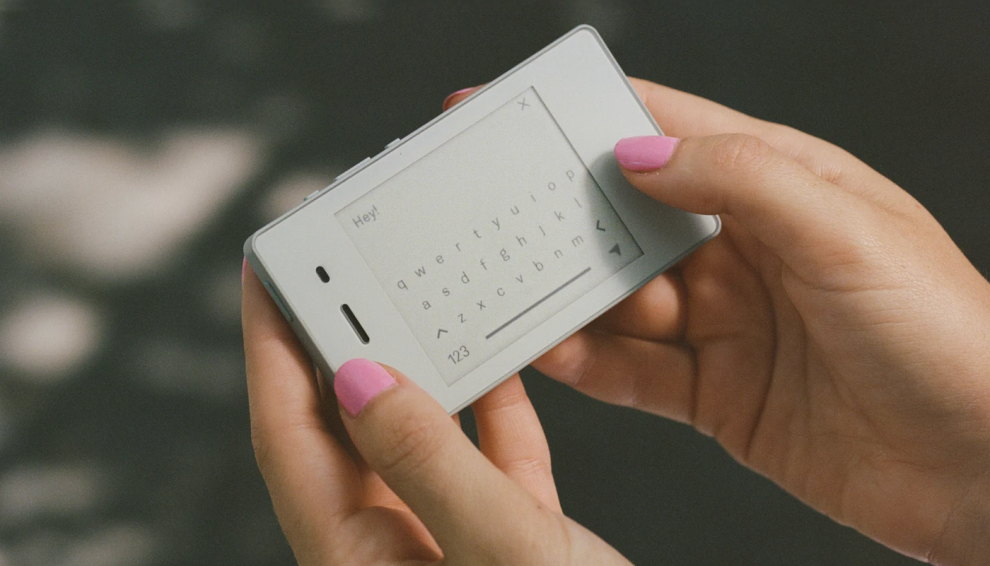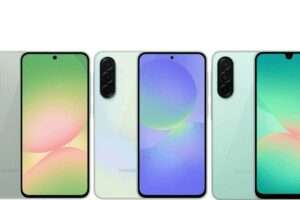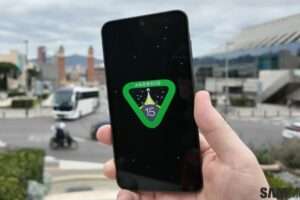In a world buzzing with notifications and endless app temptations, the allure of the dumbphone is undeniable. These minimalist devices ditch the bells and whistles of smartphones, prioritizing basic communication and reclaiming your attention span. But are they really all they’re cracked up to be?
To find out, I embarked on a dumbphone field test, putting three popular models through their paces:
- Light Phone II: This sleek device boasts a week-long battery life and a focus on essentials like calls, texts, and maps.
- Punkt MP02: This ultra-minimalist option goes even further, offering only calls, texts, and an alarm clock in a stylish, compact package.
- Nokia 3310: A nostalgic throwback, the 3310 is a durable and affordable choice with a long battery life and classic Snake game.
Here’s what I learned:
Digital Detox Delight:
- Freedom from the scroll: The absence of social media and endless news feeds was liberating. I rediscovered the joy of long walks, uninterrupted conversations, and simply being present.
- Mindful moments: Without the constant ping of notifications, I found myself focusing better, appreciating the little things, and feeling less stressed.
- Reconnecting IRL: Dumbphones encourage face-to-face interactions. I had more meaningful conversations, savored coffee dates without distractions, and rediscovered the lost art of handwritten letters.
Tech Trade-Offs:
- Limited functionality: Let’s be real, you can’t do everything you do on a smartphone with a dumbphone. Photography, music streaming, and on-the-go browsing are out of the picture.
- Social disconnect: Staying in touch with friends and family who rely on apps and social media can be tricky.
- Navigation hiccups: While some dumbphones offer basic maps, they’re not as intuitive or feature-rich as smartphone GPS.
Finding Your Fit:
Ultimately, the best dumbphone for you depends on your individual needs and lifestyle. If you crave a digital detox and value real-world connections, a minimalist phone might be your perfect match. But if you rely heavily on certain apps or can’t imagine life without Spotify, a smartphone with stricter usage boundaries might be the better route.
Dumbphone field test verdict?
It’s not a one-size-fits-all solution, but for digital minimalists seeking a simpler, more mindful tech experience, the dumbphone is a compelling option. It’s a chance to reclaim your focus, reconnect with the world around you, and rediscover the joy of living in the present moment, one call, text, and Snake game at a time.
Remember, the minimalist movement is about intentionality, not deprivation. If you choose to go the dumbphone route, do it for the right reasons – to unplug, reconnect, and live more deliberately. And if you find it’s not for you, there’s no shame in returning to your smartphone with newfound mindful habits.
Bonus tip: Before making the switch, consider a “dumbphone trial run.” Turn off notifications on your smartphone, limit app usage, and focus on essential functions for a few days. This can help you assess your readiness for a minimalist tech life.
I hope this test drive helps you navigate the exciting world of dumbphones and find the perfect fit for your digital detox journey!















Add Comment